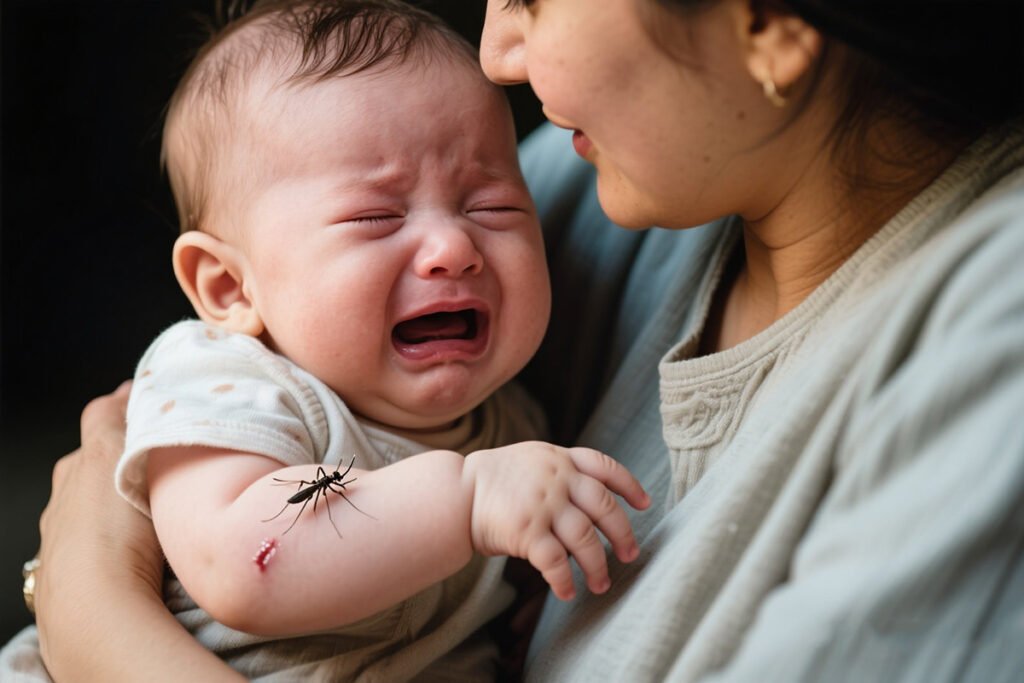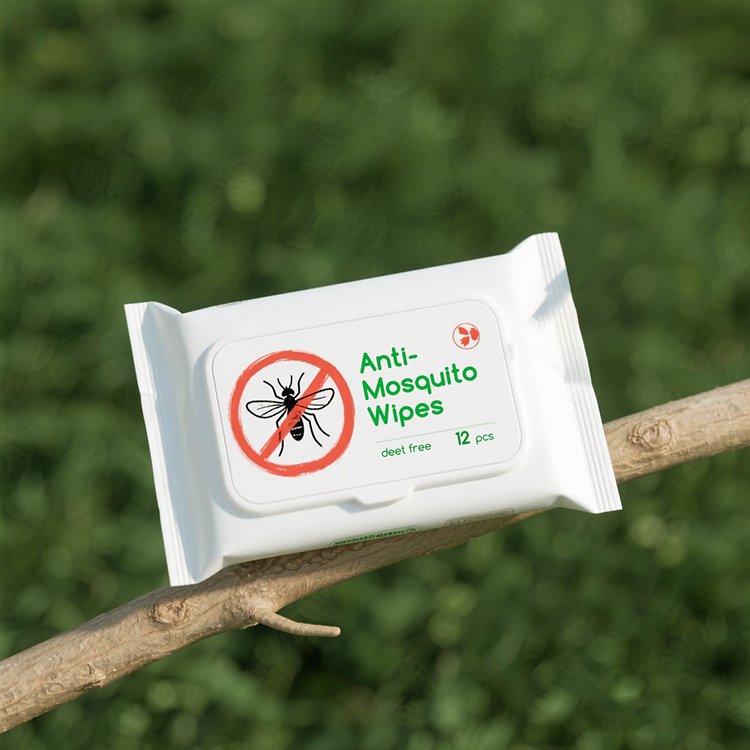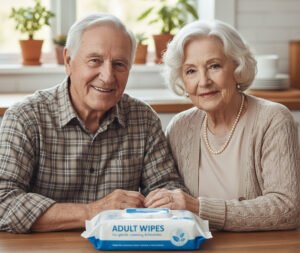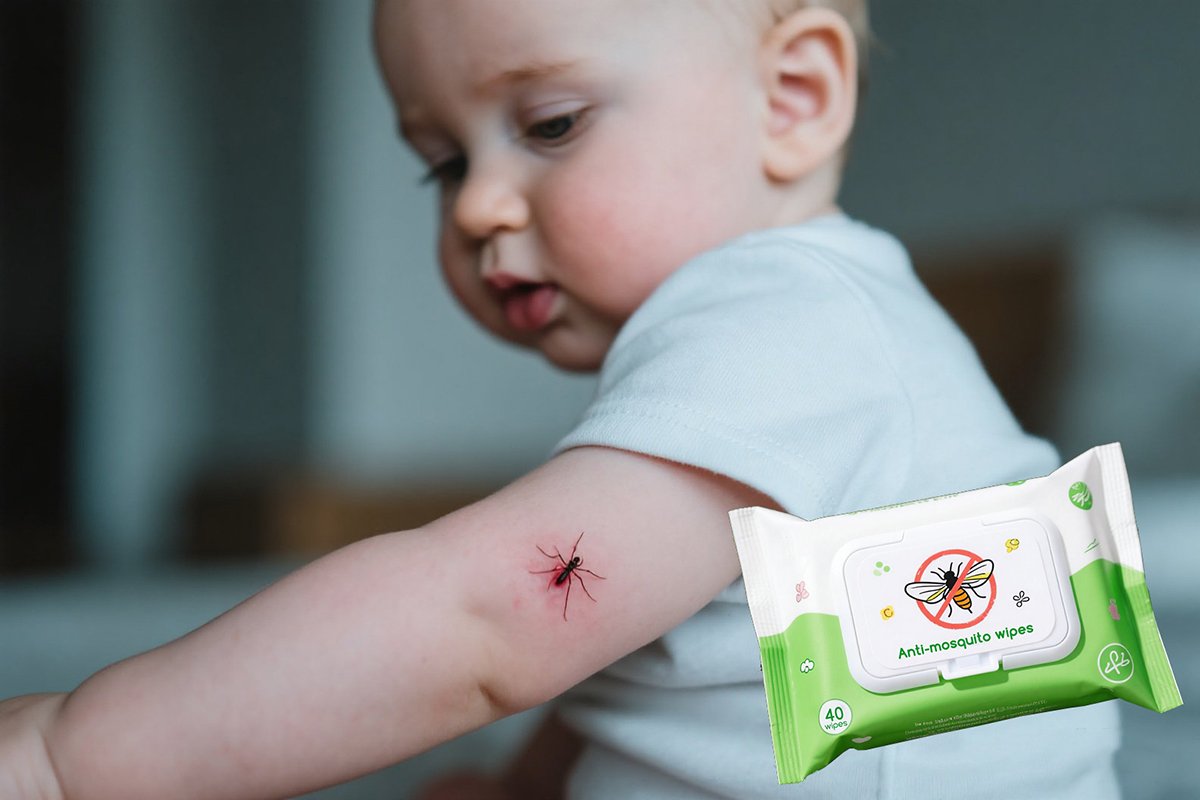Introduction
Imagine you’re hiking through a lush forest or lounging in your backyard on a summer evening. The scene is perfect—until the buzzing begins. Mosquitoes descend like tiny vampires, threatening to ruin your peace. You reach for a convenient solution: mosquito repellent wipes. But do they really work? As a trusted manufacturer in the pest control industry, we’re here to cut through the confusion and deliver facts—no marketing fluff.
How Do Mosquito Repellent Wipes Work?
Mosquito repellent wipes function like a portable shield. Each wipe is infused with active ingredients that either repel mosquitoes by masking your scent or interfere with their ability to detect you. Think of it as creating an invisible force field around your skin. When applied correctly, these wipes disrupt the mosquito’s sensory receptors, making you “invisible” to their radar.
But here’s the kicker: Not all wipes are created equal. Their effectiveness hinges on two factors—ingredient quality and proper application. Let’s dig deeper.
Key Ingredients in Effective Mosquito Wipes
The magic lies in the formula. Here are the most common active ingredients you’ll find:
- DEET: The gold standard for repellents, DEET confuses mosquitoes by blocking their odor receptors. Wipes with 20-30% DEET offer 4-8 hours of protection.
- Picaridin: A synthetic alternative to DEET, Picaridin is odorless and gentler on skin, yet equally effective.
- Natural Oils (Lemon Eucalyptus, Citronella): Ideal for eco-conscious users, these provide shorter-term protection (1-2 hours) and require frequent reapplication.
Why does this matter? The right ingredient depends on your environment. A camping trip in mosquito-dense areas demands DEET or Picaridin, while a backyard BBQ might suffice with natural options.
How Long Do Mosquito Repellent Wipes Last?
Picture sunscreen on a sunny day. Just as UV protection fades with sweat and time, so does the efficacy of repellent wipes. Most DEET-based wipes last 4-6 hours, while natural formulas dwindle after 1-2 hours. Factors like humidity, physical activity, and friction (e.g., rubbing against clothing) shorten their lifespan.
Pro Tip: Pack extra wipes for reapplication—especially if you’re sweating or swimming.
The Science Behind the Effectiveness
Studies by the CDC and WHO confirm that DEET and Picaridin reduce mosquito bites by over 90% when used correctly. In a 2021 field test, volunteers using DEET wipes reported 85% fewer bites compared to untreated controls. However, natural repellents showed variable results, with lemon eucalyptus offering ~60% protection in low-risk areas.
But wait—why the disparity? Synthetic ingredients are rigorously tested for consistency, whereas natural oils vary in concentration and stability.

Are Mosquito Wipes Safe for Everyone?
Safety is non-negotiable. DEET wipes are generally safe for adults and children over 2 months when used as directed. However, avoid applying them to cuts, eyes, or mouths. Picaridin and natural wipes are milder, making them suitable for sensitive skin.
Concerned about babies? Consult a pediatrician first. For pregnant women, most ingredients are safe, but moderation is key.
Comparing Mosquito Wipes to Other Repellent Forms
Let’s stack them up:
- Sprays: Offer similar protection but risk inhalation and uneven coverage.
- Lotions: Longer-lasting but messy to apply.
- Devices (Ultrasonic, Candles): Questionable efficacy and lack portability.
Wipes strike a balance: no spills, precise application, and TSA-friendly. Perfect for travel!
How to Use Mosquito Repellent Wipes Correctly
- Rub Thoroughly: Cover all exposed skin—ankles and wrists are mosquito magnets.
- Avoid Overuse: One wipe per limb is sufficient.
- Reapply Strategically: After swimming, sweating, or every 4-6 hours.
Mistake Alert: Don’t wipe and forget—timing is everything!
Common Myths About Mosquito Repellent Wipes
- “Natural Means Safer”: Not always! Some essential oils irritate skin.
- “More Wipes = Better Protection”: Overapplication wastes product and risks irritation.
- “They Work Instantly”: Give them 10-15 minutes to activate fully.
Choosing the Right Mosquito Repellent Wipes
Consider:
- Activity: Hiking? Opt for DEET. Gardening? Try natural.
- Skin Sensitivity: Picaridin for sensitive users.
- Duration: Match the formula to your outing length.

Conclusion
Mosquito repellent wipes do work—when you choose wisely and use them correctly. They’re a versatile, travel-ready solution backed by science. Whether you’re battling backyard bugs or jungle mosquitoes, the right wipe can be your stealthy ally. Stay protected, stay confident!
FAQs
- Can mosquito wipes be used on babies under 2 months?
No—consult a pediatrician before using any repellent on infants. - Do expired wipes lose effectiveness?
Yes. Check expiration dates, as active ingredients degrade over time. - Are repellent wipes eco-friendly?
Biodegradable options exist, but check labels for environmental certifications. - Can I use mosquito wipes on my face?
Avoid eyes and mouth. Apply sparingly to cheeks and forehead with clean hands. - Do they protect against tick bites?
DEET and Picaridin wipes repel ticks, but permethrin-treated clothing is better for high-risk areas.





